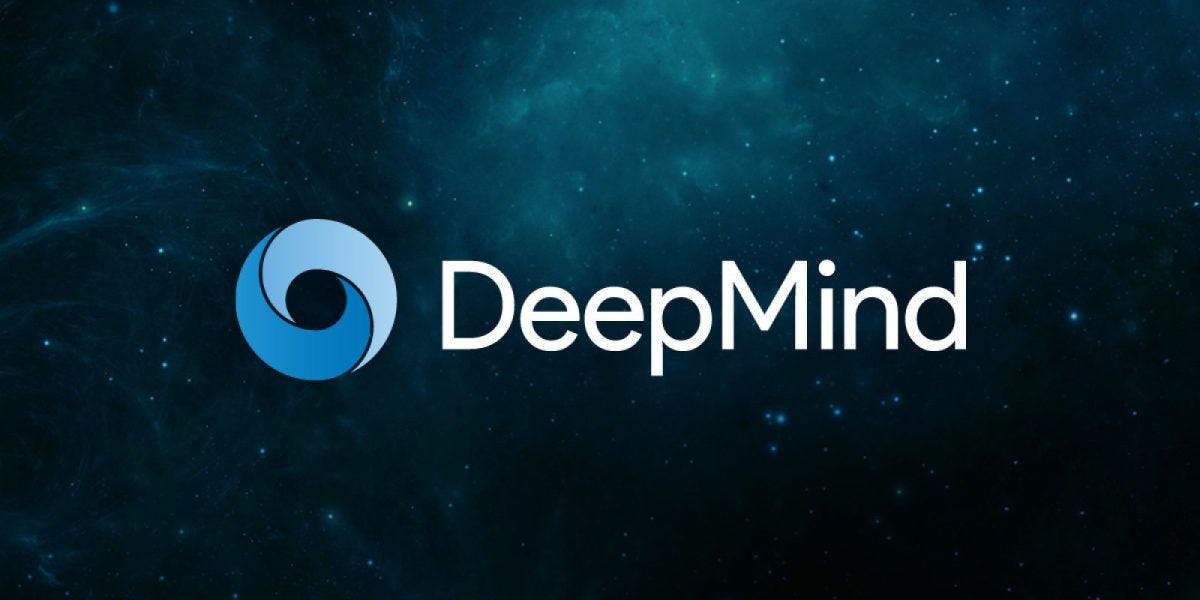Google has been at the forefront of AI research and development for many years. The company has two major AI projects, Google Brain and DeepMind, which have made significant contributions to the field. Recently, Google has announced that it is merging these two projects to form a new AI dream team. In this report, we will discuss the details of this merger and its potential impact on the field of AI.
Google Brain and DeepMind:
Google Brain is an AI research project that was launched in 2011. The goal of the project is to develop advanced neural network algorithms that can be used to solve complex problems. The project has made significant contributions to the field of AI, including the development of the TensorFlow machine learning framework.
DeepMind is a UK-based AI company that was acquired by Google in 2015. The company is focused on developing AI systems that can learn and reason in a similar way to humans. DeepMind has made significant contributions to the field of AI, including the development of AlphaGo, an AI system that was able to defeat the world champion at the game of Go.

Merger Details:
The merger of Google Brain and DeepMind will bring together two of the world’s leading AI research organizations. The new organization will be called Google AI and will be led by Jeff Dean, the current head of Google Brain, and Demis Hassabis, the founder of DeepMind.
The merger will create a more integrated and focused approach to AI research and development. By combining the expertise of both organizations, Google AI will be able to tackle more complex problems and develop more advanced AI systems. The new organization will also have access to a larger pool of talent and resources, which will enable it to accelerate its research and development efforts.
Potential Impact:
The merger of Google Brain and DeepMind has the potential to have a significant impact on the field of AI. By bringing together two of the world’s leading AI research organizations, Google AI will be able to accelerate its research and development efforts and tackle more complex problems.
One of the key areas where Google AI could have an impact is in healthcare. AI has the potential to revolutionize healthcare by improving diagnosis, treatment, and patient outcomes. Google AI has already made significant contributions to the field of healthcare, including the development of an AI system that can detect diabetic retinopathy, a leading cause of blindness.

Another area where Google AI could have an impact is in the development of autonomous systems. Autonomous systems, such as self-driving cars and drones, are becoming increasingly important in a wide range of industries. Google AI has already made significant contributions to the development of autonomous systems, including the development of Waymo, a self-driving car company.
Finally, Google AI could have an impact on the field of AI ethics. As AI systems become more advanced and more integrated into our daily lives, it is important to ensure that they are developed and used in a responsible and ethical manner. Google AI has already made significant contributions to the field of AI ethics, including the development of the AI Principles, a set of guidelines for the responsible development and use of AI.
In conclusion, the merger of Google Brain and DeepMind has the potential to have a significant impact on the field of AI. By bringing together two of the world’s leading AI research organizations, Google AI will be able to tackle more complex problems and develop more advanced AI systems. The new organization will also have access to a larger pool of talent and resources, which will enable it to accelerate its research and development efforts. With proper attention to responsible and ethical development, Google AI could have a positive impact on a wide range of industries, from healthcare to autonomous systems to AI ethics.












